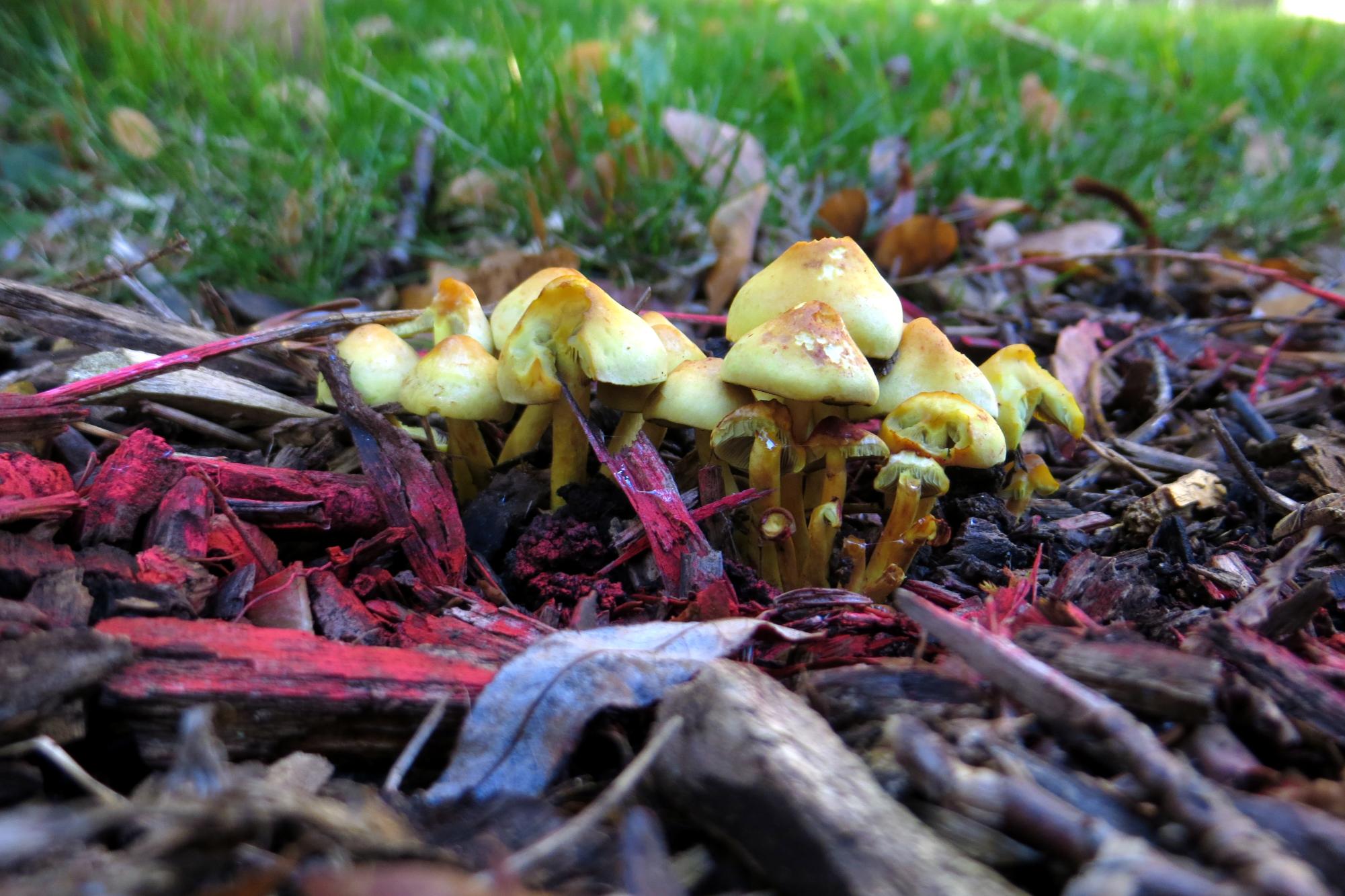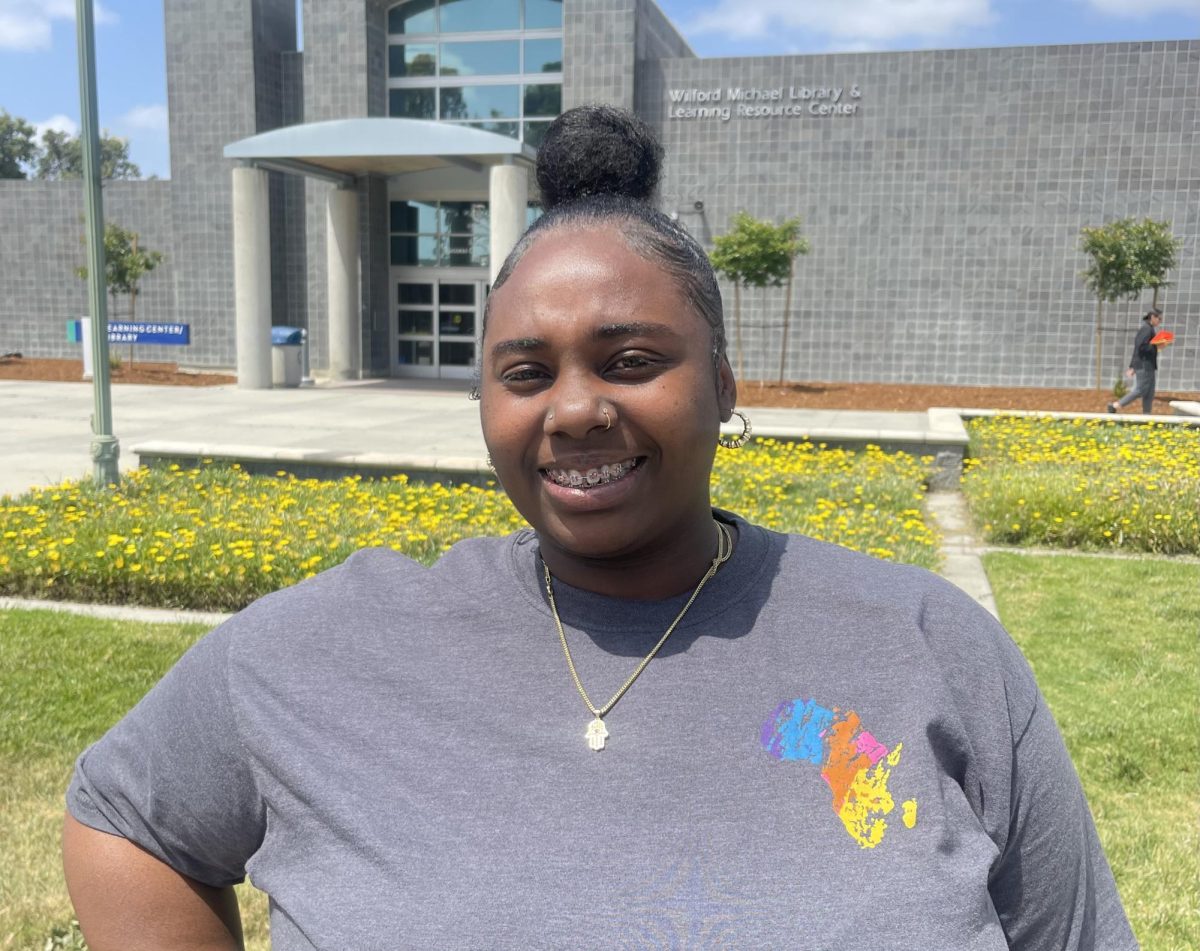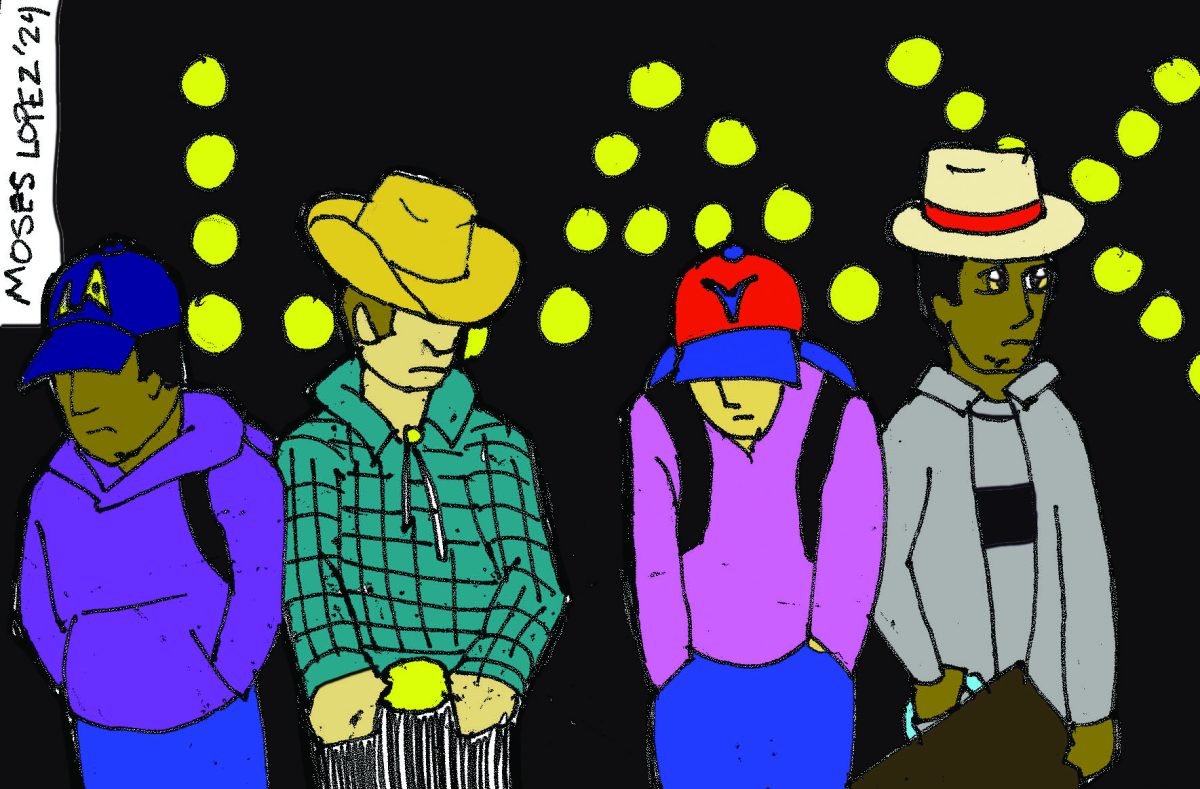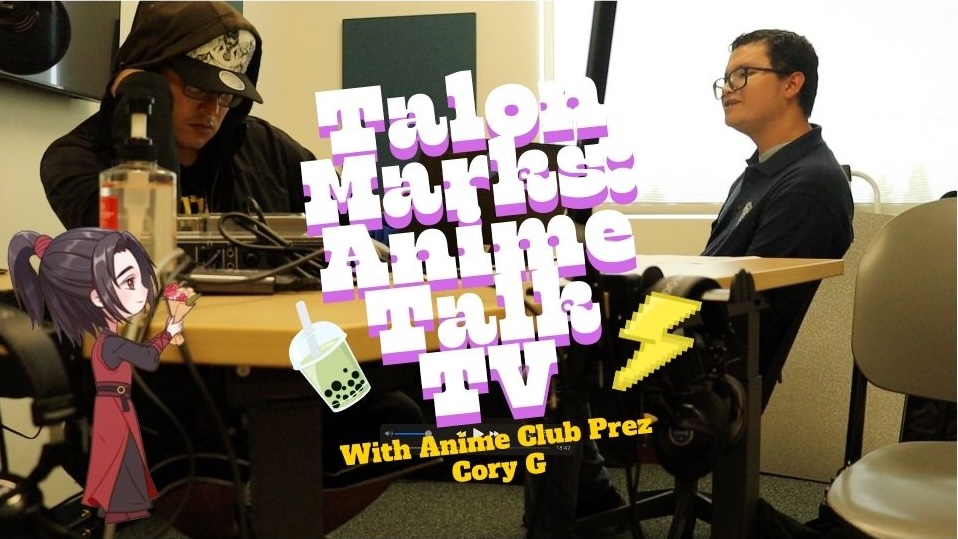While the counterculture movement of the 1960s sought psychedelics to find inner peace and happiness, Gov. Gavin Newsom today is considering Senate Bill 58 amidst what many refer to as a psychedelic renaissance, potentially legalizing plant medicines namely for their therapeutic benefits.
The California Senate passed the bill on Sept. 7, which would decriminalize the possession and personal use of psilocybin, psilocin, mescaline and dimethyltryptamine, famously DMT, for persons 21 years of age and older.
If passed, the bill would require the California Health and Human Services Agency to orchestrate a study and submit its findings along with recommendations regarding therapeutic use to the state legislature.
The bill is largely supported by veterans and the Heroic Hearts Project, a veteran organization, which advocates the benefits psychedelics can have in treating PTSD, depression and anxiety, among many other mental illnesses.
The organization emphasizes the importance of improving accessibility to mind-altering drugs, noting that less than 10% of veterans experience improvements in their mental health when using traditional Western treatments.
Research done by the Heroic Hearts Project found that 80% of veterans saw improvements after participation in just one of its psychedelic treatment programs.
Such results also pose an invigorating future for psychology, giving many a sense of hope and excitement for the future of mental health research.
“It offers a lot of new things, everyone is different and they benefit from different treatments,” Amanda Campos, a psychology major, shared, “Medication doesn’t work for everyone, therapy doesn’t work for everyone, so having more options available helps patients and research for psychology.”
California lawmakers and criminal justice reform advocates alike have recognized the significance of the war on drugs and how it has influenced the criminalization and demonization of psychedelics and other plant drugs, such as marijuana.
As outlined in the bill, the lack of sufficient drug education as well as its racial roots has allowed the war on drugs and drug prohibition to increase the dangers of drug use and become a political tool to spread hate and directly target Counterculture and Black Americans.
Its effects have undoubtedly continued to impact Black Americans today, as one in every eight men has faced felony charges and been disenfranchised.
In removing criminal penalties for the possession of psychedelics, Senate Bill 58 truly takes a step toward ending mass incarceration and changing attitudes surrounding drugs.
Xander Perridie, a dance major, explained, “I feel like the war on drugs has impacted communities in a way that just doesn’t feel beneficial. Starting to demythologize this story we have about drugs is really exciting. I’m excited to see communities flourish and not feel shame for saying I do drugs.”
The bill passed in the California Senate with a vote of 21 to 14, with those in opposition immanent in their arguments that the dangers greatly outweigh the benefits.
Psychedelics, like any drugs, still present dangers to individuals and society, suggests Leo Chavez.
“The worst that could happen is when it could hurt others, too,” explained the film, TV and electronic media major, “I’m mainly concerned for younger people, and how it affects them.”
Gov. Newsom will have until Oct. 14 to decide on whether to sign the bill into law. If approved, it will be effective beginning Jan. 1, 2025.

















